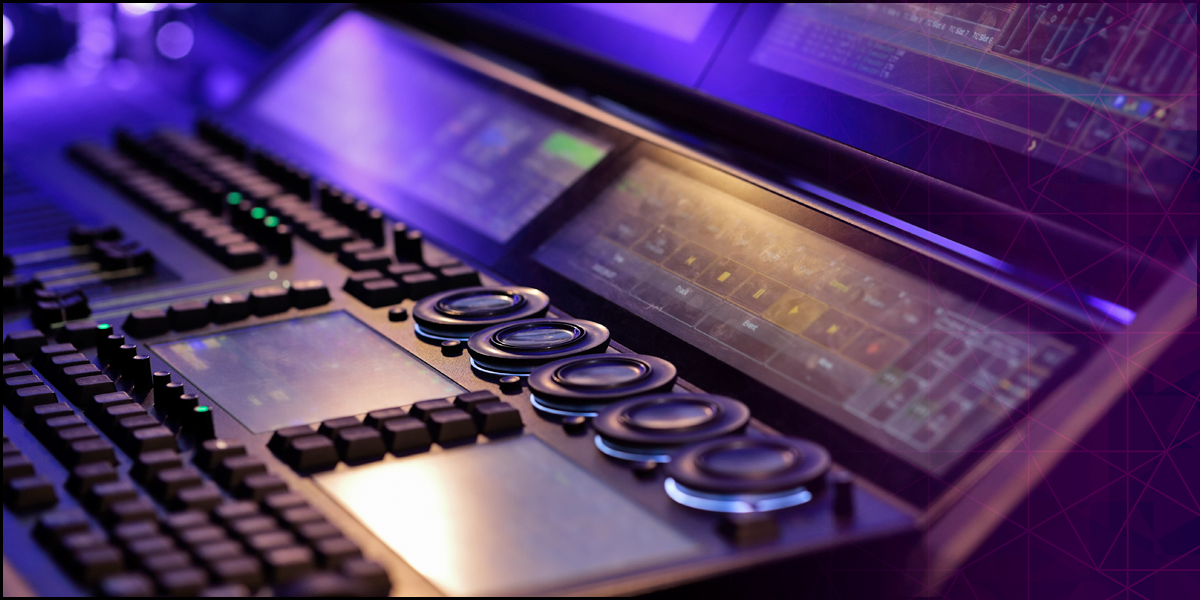Perfecting this Skill of Safety Guidelines for the Application of Explosives in Events
Perfecting this Skill of Safety Guidelines for the Application of Explosives in Events
Blog Article
Fireworks serve an enthralling role in various events, such as pyrotechnic shows, musical events, and festivities. However, the employment of fireworks necessitates rigorous security protocols to ensure the safety of all involved. Understanding these protocols is essential for event organizers, participants, and spectators alike. Proper planning and compliance to safety guidelines can help prevent accidents and secure a safe event.
First and foremost, it is crucial to obtain the necessary licenses and permissions prior to utilizing fireworks. Regional regulations and ordinances often dictate what types of fireworks can be used and where they can be set off. Event organizers should consult with local authorities to ensure adherence with all legal requirements. This includes understanding restrictions related to the time of year, weather conditions, and safety zones. By following these rules, organizers not only secure their event's legality but also protect the safety of the community.
Training is another crucial component of securely using pyrotechnics. Individuals handling fireworks should undergo adequate instruction to comprehend the tools and their website processes involved. This comprises awareness of lighting methods, security perimeters, and crisis response plans. Event organizers should also carry out meetings for all employees and assistants engaged with fireworks, ensuring everyone is aware of their responsibilities and the significance of adhering to security guidelines. This training helps create a culture of security at the occasion, in which everyone can collaborate together to minimize hazards.
The setup and implementation of fireworks must be carefully organized. A specific area should be designated for launching fireworks, away from spectators and combustible substances. Visible signage should be posted to keep attendees at a secure distance. Environmental Click Here conditions can also affect pyrotechnic shows, so planners should track forecasts and be prepared to delay or cancel if conditions are not safe. It is essential to have firefighting tools readily available in case an emergency. Through planning for possible hazards, planners can react quickly and effectively should an incident occur.
Lastly, after-event assessments are a key component of perfecting security protocols. After the event, it is crucial to assess what went well and what could be improved. Feedback from employees, assistants, and attendees can offer important insights into the event's security protocols. Organizers should document any incidents or close calls, learning from these experiences to improve future security protocols. Through consistently improving their approach to fireworks, event organizers can guarantee a secure and enjoyable experience for all involved.